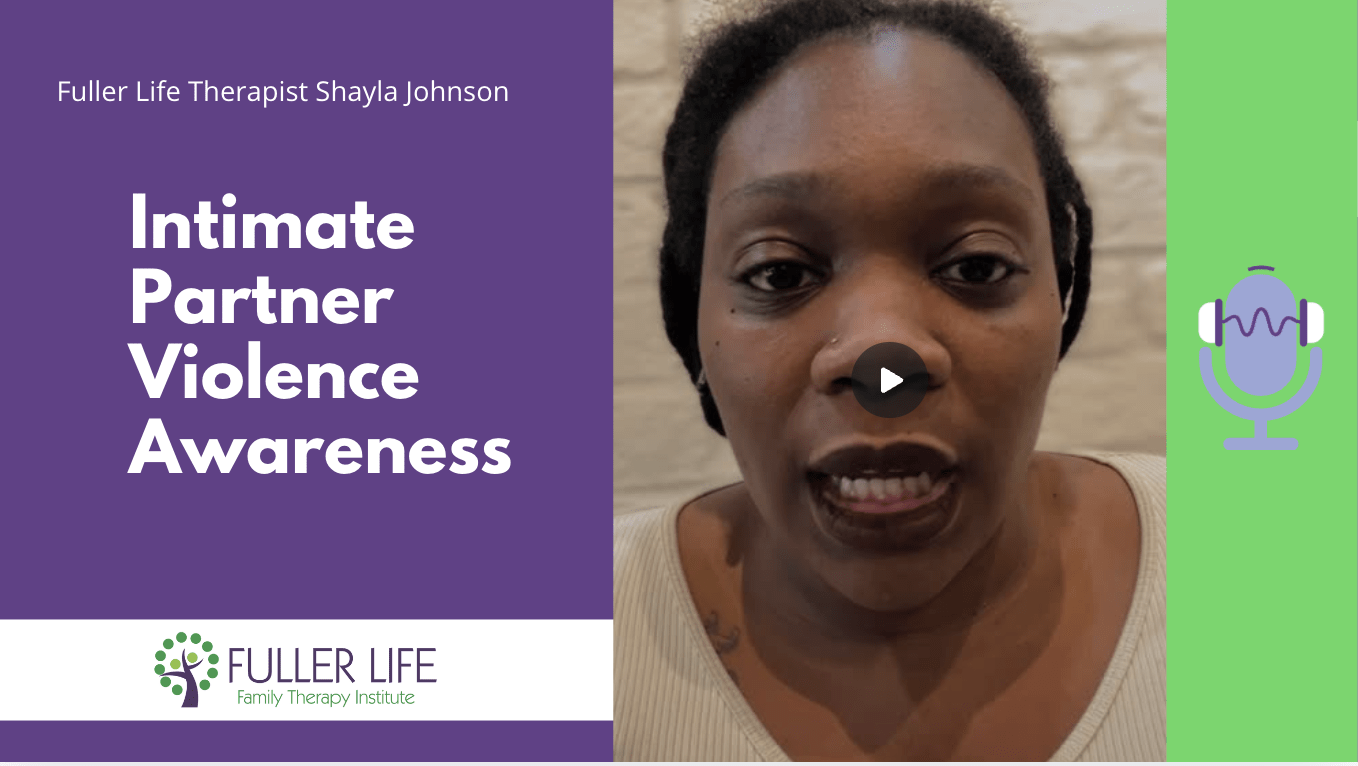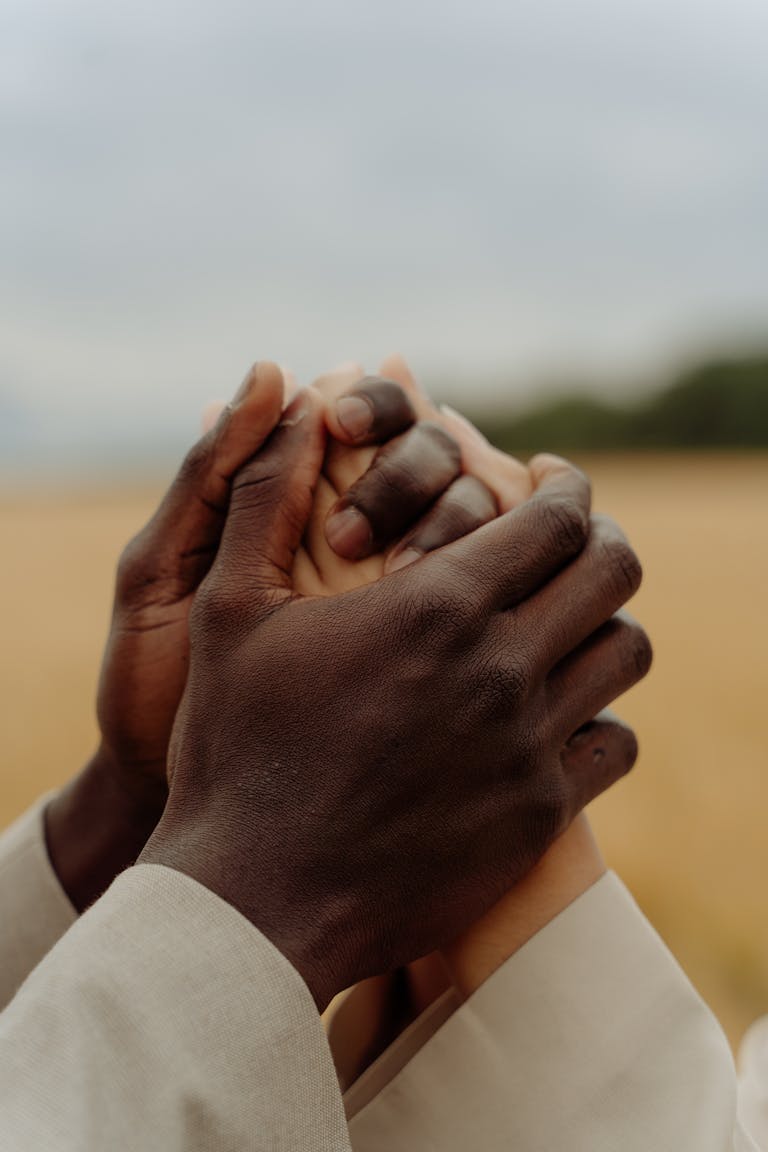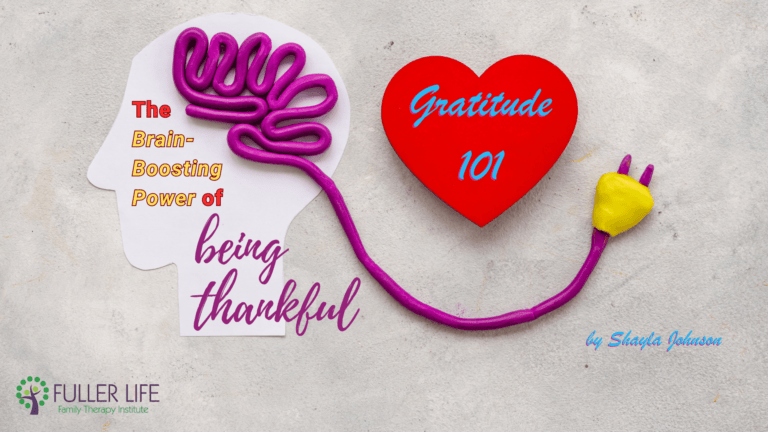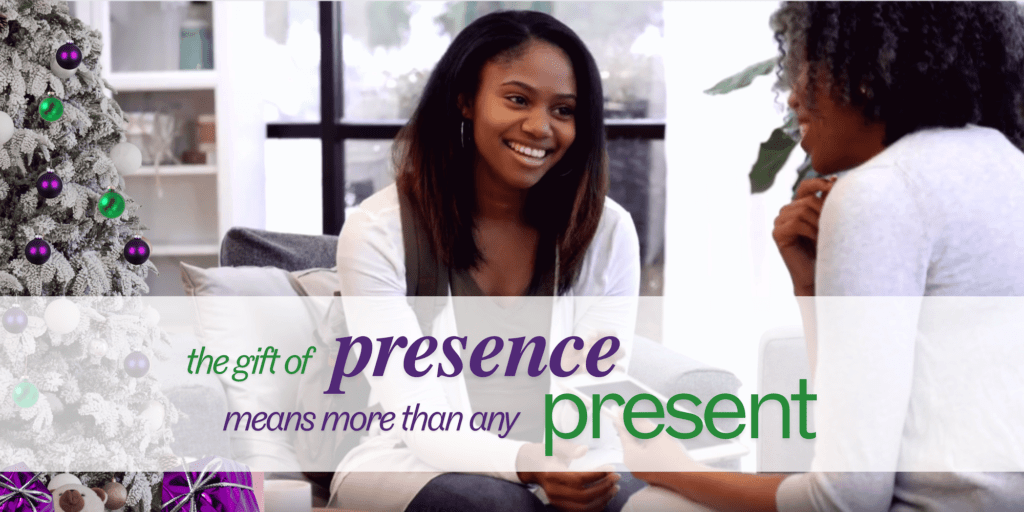The Hidden Cracks: Signs You’re in an Abusive Relationship
October marks Domestic Violence Awareness Month, also known as Intimate Partner Violence (IPV) Awareness Month. This blog will help guide you through the warning signs of domestic violence and recognize behaviors in a partner that could become abusive. Understanding these signs can help you avoid falling into the cycle of an abusive relationship. Remember, intimate partner violence can happen to anyone, regardless of gender or sexual orientation.
Why the Term “Intimate Partner Violence”?
You might wonder why “intimate partner violence” is often used instead of “domestic violence.” Domestic violence generally refers to violence between individuals living in the same household. However, studies show that violence can occur outside the home, which is why “intimate partner violence” includes relationships where the partners do not cohabitate. This term encompasses various forms of abuse, including emotional, spiritual, financial, physical, and sexual violence, as well as stalking and harassment.
Types of Abuse in Intimate Partner Violence
Abuse takes many forms and is not limited to physical violence. Common forms of abuse include:
- Emotional abuse: Manipulation, control, gaslighting, and verbal abuse that tear down a person’s self-worth.
- Financial abuse: Controlling access to money, leaving the victim financially dependent.
- Physical abuse: Hitting, slapping, and other violent acts.
- Sexual abuse: Coercing or manipulating someone into sexual acts without their consent.
- Spiritual abuse: Using a person’s beliefs to control or manipulate them.
These behaviors are all forms of intimate partner violence and aim to exert control over their partner.

The Manipulative Tactics of Abusers
Most abusers don’t start showing abusive behavior right away. In fact, they often begin by “love bombing”—showering their partner with compliments, gifts, and grand gestures of affection. This initial phase can make the partner feel cherished and special, but it is a tactic to gain control.
Abusers gradually isolate their partners, encouraging them to depend solely on them for emotional, financial, and social support. They might encourage their partner to quit their job, limit contact with friends and family, and plant ideas that make them feel like they have no other support system. As this control deepens, the abuser’s true nature begins to show through cracks in the facade—first subtle temper outbursts, then more overt displays of anger and control.
Recognizing the Cracks in the Foundation
Over time, these initial “cracks” in behavior become more noticeable. The abuser may begin to apologize, often with gifts or affection, only to repeat the behavior later. As the relationship continues, these behaviors intensify, and their partner may feel trapped and powerless.
Reflecting on Self and Building a Solid Foundation
Now that we’ve explored what signs to look for in a partner, it’s equally important to reflect on ourselves. Why might someone end up in an abusive relationship? Often, individuals who experience intimate partner violence may not have a solid sense of self from the start.
A strong sense of self means standing firm in your beliefs, values, and who you are, without relying on others for validation. When you have this foundation, the opinions of others are secondary to your own inner truth. Reflect on the following questions:
- Do you show compassion and kindness to yourself?
- Are you able to stand alone in your beliefs, even when someone disagrees?
- Can you be content with your own company and emotions?
If you find yourself questioning these areas, take the time to explore them further. Cultivating a strong sense of self can help prevent falling into toxic or abusive relationships.
You Can Rebuild
Even if you find yourself in an abusive relationship, it is important to remember that your life is not over. You can rebuild. Although it may be difficult, it is possible to restore your self-esteem and confidence. Seeking help from a therapist, joining a support group, or reaching out to others who have experienced similar situations can help you on the road to recovery.
Rebuilding your life is within your reach, and you deserve to live free from abuse.
Resident Therapist
Shayla Johnson
















